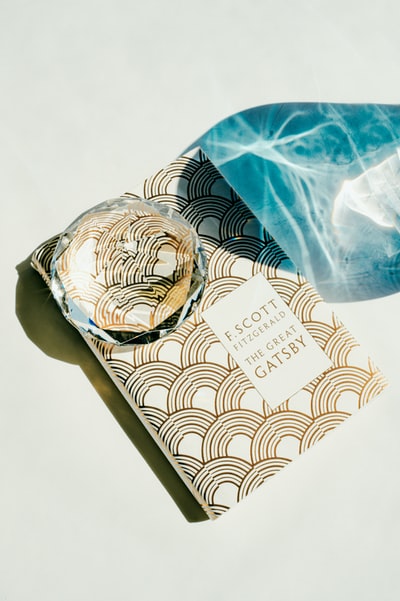 Towards the end of the 18th century a number of contextual factors led to the invention of the gothic genre. Many of the elements that comprised the gothic genre had existed before in literature but this was the time that it became the popular genre we still know today. Throughout the Victorian period, as an interest in both science and the supernatural grew, and with the development of the novel form, the gothic genre thrived. It might also be noted that women’s literacy rose. While most gothic literature was fairly misogynist in its portrayal of women, some writers, male and female, began exploring emotion and female sensuality more than ever before.
Towards the end of the 18th century a number of contextual factors led to the invention of the gothic genre. Many of the elements that comprised the gothic genre had existed before in literature but this was the time that it became the popular genre we still know today. Throughout the Victorian period, as an interest in both science and the supernatural grew, and with the development of the novel form, the gothic genre thrived. It might also be noted that women’s literacy rose. While most gothic literature was fairly misogynist in its portrayal of women, some writers, male and female, began exploring emotion and female sensuality more than ever before.
Science– The new discoveries made at the turn of the century, for example, electricity, led to an intrigue but also a fear about where new knowledge and technology might lead. Frankenstein, for example, by Mary Shelley, explores a number of themes. One of them is the idea that Frankenstein is playing God and the dangers of using science for creation. Dr. Jekyll and Mr. Hyde is also about a scientist and the way his experiments lead him to develop a dangerous split personality.
Sherlock Holmes epitomises the dialectic between science and the supernatural. The stories use many aspects of the gothic genre to build suspense and intrigue, yet the seemingly supernatural is always explained by Holmes’ brilliant logic and deduction.
Science represented the age of reason and the struggle between reason and the unknown. It also saw a struggle between sense and emotion. In Bram Stoker’s Dracula Van Helsing represents reason as he is a scientist, yet he is full of contradicting superstitions and legends about Dracula. This dialectic led to a number of others often explored in gothic literature: light and dark, known and unknown, expression and restraint, order and chaos.
The Romantics included subjectivity, expression and a fear of the unknown to inspire their work in art and literature. Particularly in nature they felt extreme emotions, amounting to terror and awe, which became known as the sublime. Edmund Burke wrote a famous article on the sublime and the beautiful. In it he said that beautiful things are aesthetically pleasing but the sublime is ‘productive of the strongest emotion that the mind is capable of feeling’.